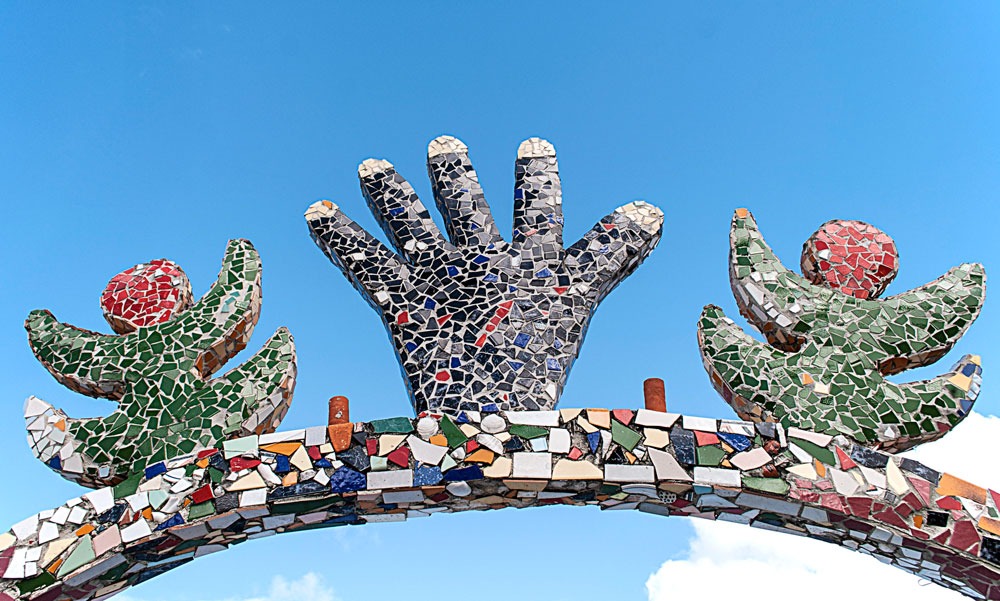
Alongside the calls to “defund the police” that arose after the deaths of George Floyd, Breonna Taylor, and countless other Black Americans at the hands of police and the resultant popular uprising against anti-Black racism came a related demand to give community members the ability to reallocate the money that was moved through a process known as participatory budgeting.
As Michael Menser, president of the board of the Participatory Budgeting Project, observed in NPQ last June, the call to defund the police “calls us to both divest and to reinvest our money differently.”
In some cases, at least small steps in this direction were achieved. For example, in Seattle, as Manjeet Kaur reports for The Appeal, last December the City Council voted to cut the police budget by 18 percent—defunding advocates had sought a 50-percent cut—and allocated $30 million to a fund that will be distributed by a participatory budgeting process.
Participatory budgeting is a decentralized democratic public decision-making process first developed in Brazil in the 1980s, but which has now spread internationally, reaching over two dozen US cities, including Chicago and New York. As Kaur points out, “The Movement For Black Lives has also included participatory budgeting in its platform as part of a broader vision for community control of laws, institutions, and policies.”
As Menser details, a participatory budgeting process works as follows: “First, a committee of diverse community leaders is set up to make sure the process is inclusive and guided by community values. Next, public outreach begins. Assemblies are held and online platforms utilized to gather info about needs and ideas to address them. These often-rough ideas are then sorted by hundreds of community members called ‘budget delegates.’ These grassroots delegates (who are trained) meet regularly over weeks to develop the best ideas into full-fledged proposals, consistent with process requirements (e.g., budget, city staff capacity, etc.).”
Sign up for our free newsletters
Subscribe to NPQ's newsletters to have our top stories delivered directly to your inbox.
By signing up, you agree to our privacy policy and terms of use, and to receive messages from NPQ and our partners.
Now, following a public report to the City Council, the contours of the participatory process as it will take place in Seattle are becoming clear. The Seattle process, as designed by the Black Brilliance Research Project, outlines a method that largely hews to the outline that Menser presents, with a few tweaks of its own. The fourth step is to prioritize proposals (voting process), and the fifth step (not included in Menser’s schema, but implied) is implementation, along with a focus on evaluation to draw out lessons learned.
In terms of timeline, the 84-page report (which had an additional 900-plus pages of appendices) identifies the key stages as follows:
- Idea Collection: February 16–March 16
- Project Development: April 4–May 16
- Voting: July 12–August 16
- Implementation: Late 2021
And where will the $30 million end up? That, of course, remains to be determined, but the initial report includes a detailed community needs assessment. As a very helpful summary by the independent Seattle City Council Insight explains, this needs assessment focuses on five areas in particular: housing and physical space, mental health, youth, crisis and wellness, and economic development.
- Housing: Key priorities identified include increasing the number of Black-led and Black-owned properties and building housing for the formerly incarcerated.
- Mental Health: The need for culturally relevant service and mental health for those who have suffered the trauma of incarcerated are lifted up.
- Youth: The report notes the need to address trauma issues for youth have been jailed and also calls for support of mentorship programs for youth outside of school.
- Crisis and Wellness: The report highlights the need for increased support for survivors of domestic violence, and support and treatment for substance abuse. It also lifts up peer-based supports as a preferred program delivery method.
- Economic Development: The report calls for addressing “cultural barriers to Black economic development through policies governing housing, employment, and access to services.”
A final report will be submitted February 26th, after which the process will begin in earnest. It will be well worth tracking the outcomes of this community-driven process as it develops and is implemented in the coming year.—Steve Dubb












